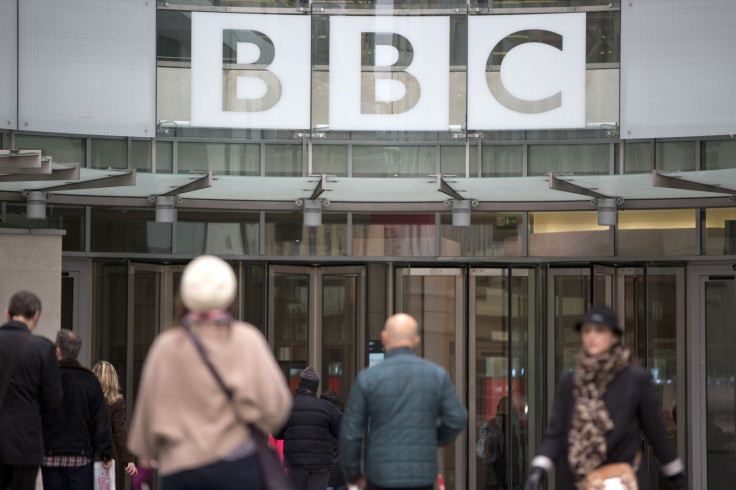'Industrial-level tax avoidance:' BBC accused
Presenters want help paying tax bills after a years-long investigation.

The BBC has been accused of "industrial-level tax avoidance" by stars who are facing huge bills after a tax probe.
Freelance presenters set up personal service companies to get paid, which also meant the BBC did not have to pay National Insurance.
But the presenters say they only made the tax arrangement because the BBC wanted them to.
One presenter told The Sunday Telegraph: "If the BBC had held its hands up and said, 'We shouldn't have done this', people would have accepted it.
"But we have sat by for years watching the BBC say this is nothing to do with them, as if we all spontaneously and independently decided to set up personal service companies at the same time.
"We were never given the option of being staff. This was industrial-level tax avoidance by the BBC."
BBC presenters – some national names and others on local TV and radio - want the organisation to help pay the tax bills they are now facing.
In 2016, many of the freelancers were made permanent staff.
A BBC spokesman told the Telegraph: "The BBC has always engaged a large number of freelancers on a flexible basis, altering roles or hours at short notice. In almost all cases there has been little HMRC guidance to help clarify the tax status of such roles in the media industry.
"The use of personal service companies is legal, complies with tax legislation and should not result in any avoidance of the tax or NIC due to the Exchequer."
BBC presenter Christa Ackroyd last month lost her appeal against a £419,000 tax bill, even though the tribunal accepted the personal service company was the BBC's idea.





















